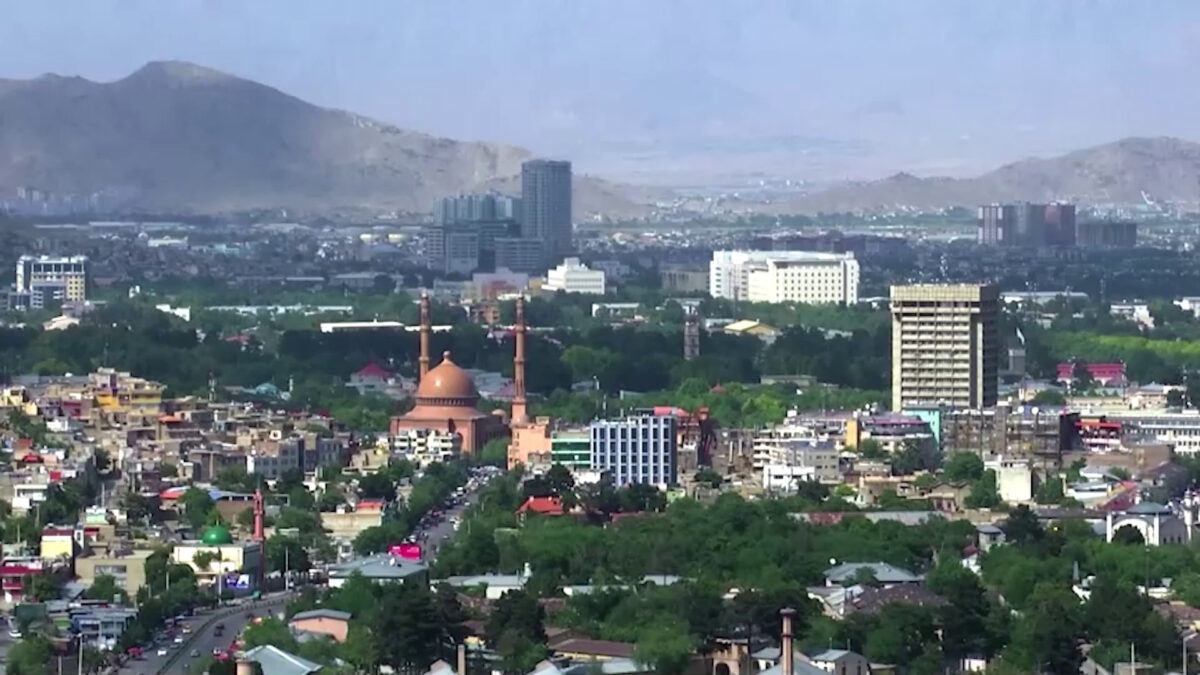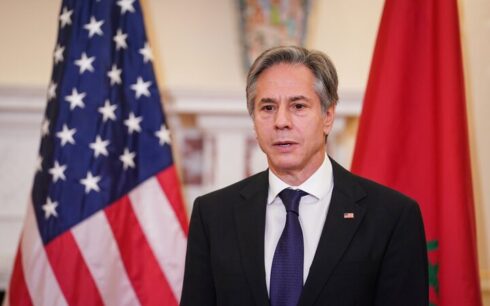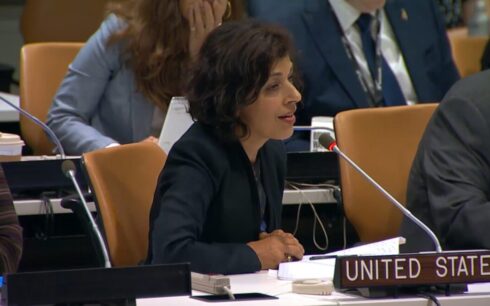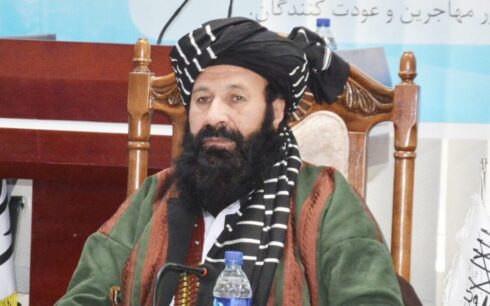People from various provinces voiced their perspectives on what an inclusive government should entail, with many saying that inclusion means more than representation; it implies an administration that reflects Afghanistan’s diversity, ensures rights for women, fosters economic opportunities, and establishes positive global relationships.
For many Afghans, an inclusive government means meaningful participation across ethnic, gender, and social lines.
Faieqa, a former teacher, explained that inclusion must go beyond symbolic roles for ethnic groups and must provide all people, including women, with opportunities for leadership and meaningful contributions. “The people want an inclusive government that reflects all ethnicities—Pashtuns, Uzbeks, Tajiks, Hazaras—and restores access to education for women,” she said.
Naheed, another respondent, echoed this sentiment, advocating for gender equality and genuine respect for women’s rights within an Islamic framework. “An inclusive government must value Islamic rights for women and be free from ethnic or gender biases,” she stated. Naheed emphasized that limiting power to one group, as she believes the Taliban have done, prevents true representation and breeds inequality.
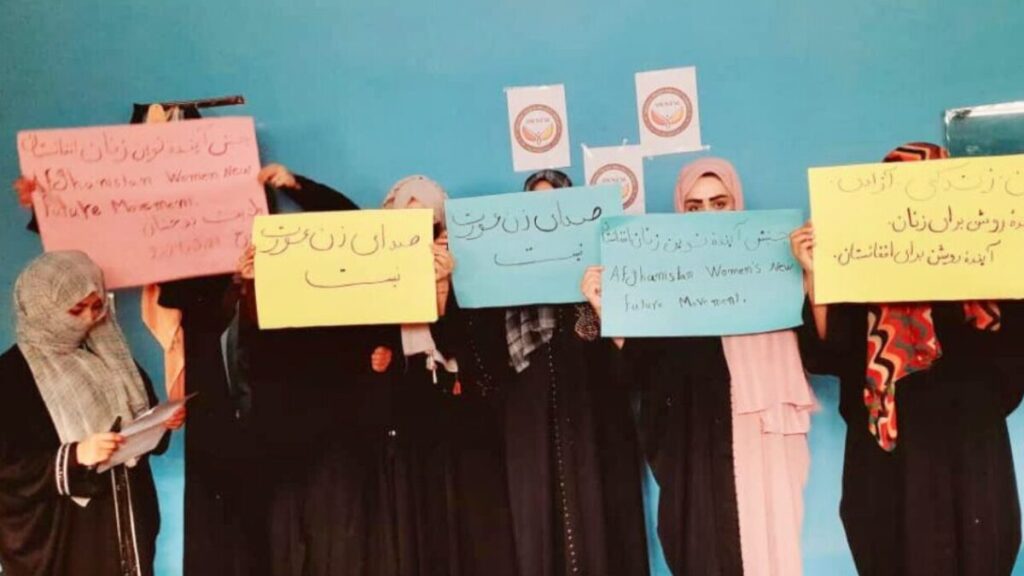
Representation and women’s rights
Many Afghans view gender equality as a cornerstone of an inclusive government. Under Taliban rule, women and girls have faced severe restrictions, with schools closed and limited opportunities for employment. Sabira, one interviewee, called for dedicated ministries and institutions to address women’s issues specifically.
“Women should be active in leadership and decision-making roles, and there should be dedicated ministries to tackle women’s concerns,” she said. She argued that the lack of female representation in the Taliban’s administration contradicts the principles of inclusion that the group claims to uphold.
The need for institutions focused on women’s welfare reflects broader concerns about the regression of women’s rights. Since the Taliban took power, their policies have included strict regulations on dress and movement, which many women view as steps back to the oppressive regime of the late 1990s.
Economic opportunities and global relations
Beyond domestic issues, many Afghans are also focused on economic opportunities and international relations. Khyber, another respondent, stressed the importance of economic stability and global partnerships in a truly inclusive government.
“Afghans want a government that fosters economic ties with the world and creates job opportunities, especially for young people,” he said. He argued that a government committed to inclusion must also work to strengthen international relations, which could help alleviate Afghanistan’s economic crisis.
In recent years, unemployment and poverty have risen sharply, and citizens are looking for solutions that would bring relief. Improved relations with international partners could provide avenues for economic aid and trade, which are crucial for Afghanistan’s long-term stability.
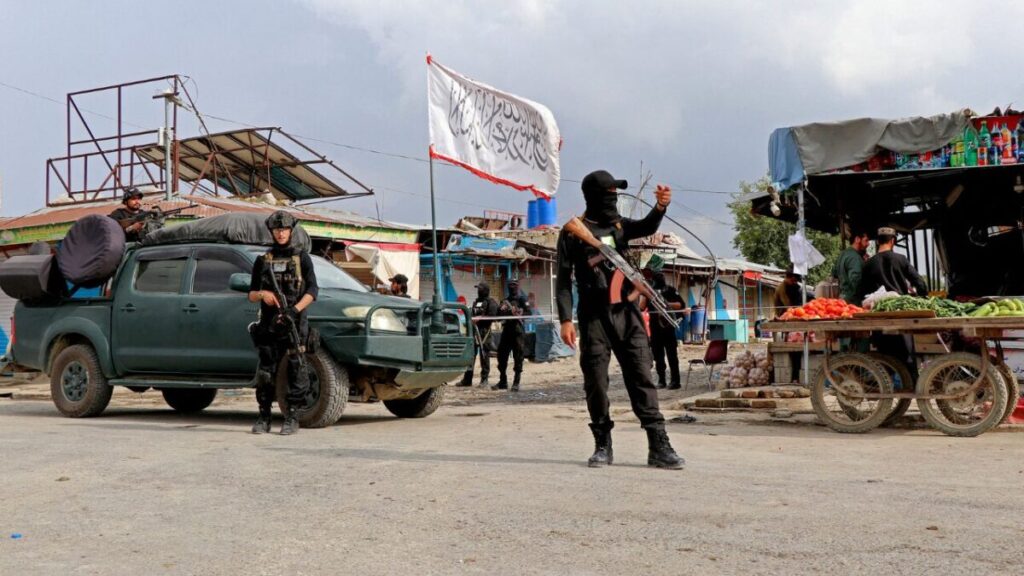
A desire for security and respect for human rights
For some Afghans, an inclusive government also means one that guarantees security and respects human rights. Rahim, who has lived through several different regimes, described a history of governments that have failed to bring stability.
“Afghanistan has had various governments, but each has crumbled due to different reasons. The Taliban’s current government has also struggled to gain both domestic and international legitimacy,” he said.
Rahim highlighted that freedom of expression, women’s rights, and access to education are non-negotiable aspects of the inclusive government Afghans want.
Many Afghans and human rights advocates are concerned that the Taliban’s government lacks these qualities. Despite the group’s claims of forming an inclusive administration, critics point out the absence of women and the lack of genuine representation for different ethnic groups.
International observers continue to question the Taliban’s commitment to human rights, as reports of crackdowns on protests and restrictions on media grow.
Taliban’s response and international pressure
Since regaining power, Taliban have repeatedly claimed that their administration is inclusive. However, rights groups argue that this claim is misleading, noting that the Taliban’s cabinet is composed almost entirely of men from the group’s ranks, with few or no representatives from minority groups.
This has led to persistent calls from Afghans and the international community for a truly representative government.
The global community, including the United Nations, has emphasized the need for the Taliban to form a government that includes all segments of Afghan society. Human rights activists assert that inclusion must go beyond token representation, ensuring that all people have access to rights, services, and opportunities for participation.
For many, the creation of an inclusive government is not only a political goal but also a test of Afghanistan’s commitment to human rights and democracy. As international pressure mounts, and Afghans continue to demand a government that reflects their diverse society, the question remains whether the Taliban will make the necessary changes to foster inclusion and stability in the country.
In conclusion, the demands for an inclusive government in Afghanistan go beyond a simple reshuffling of political figures. They encompass a broader call for equality, rights, and opportunities for all Afghans, reflecting a vision for a future where the government genuinely represents and serves its people.

